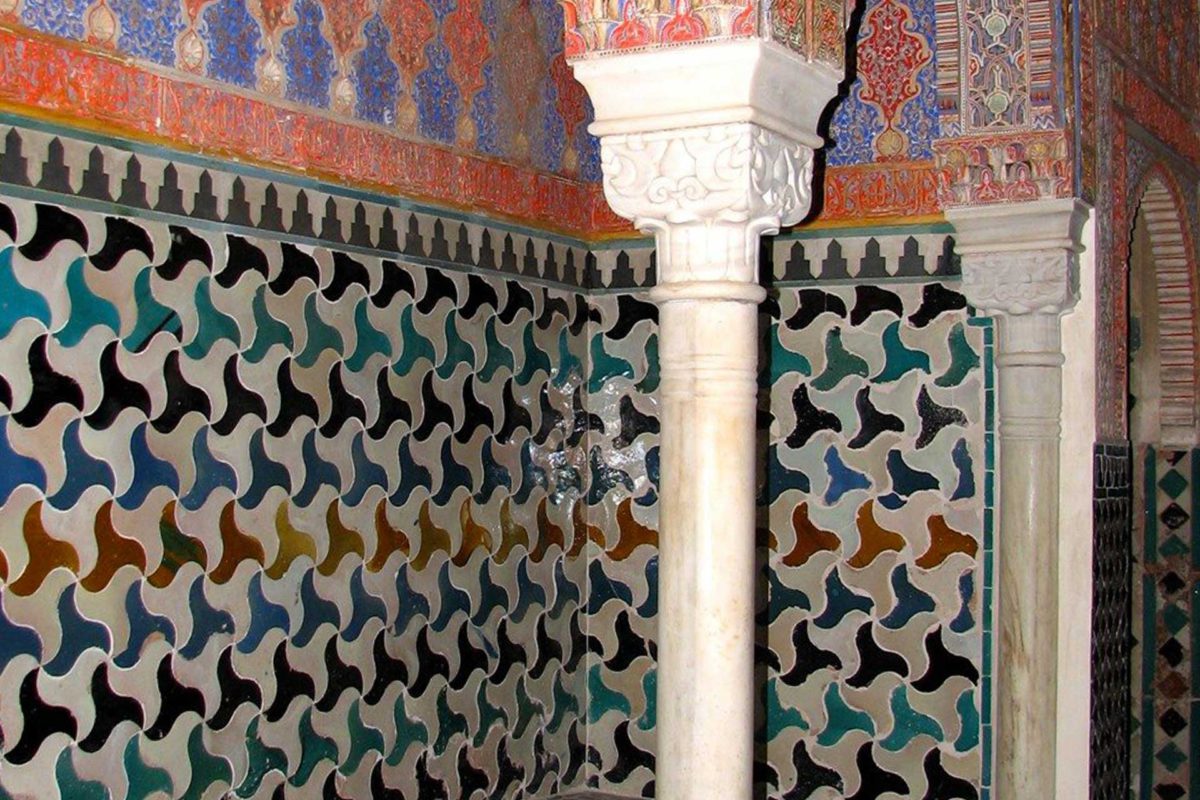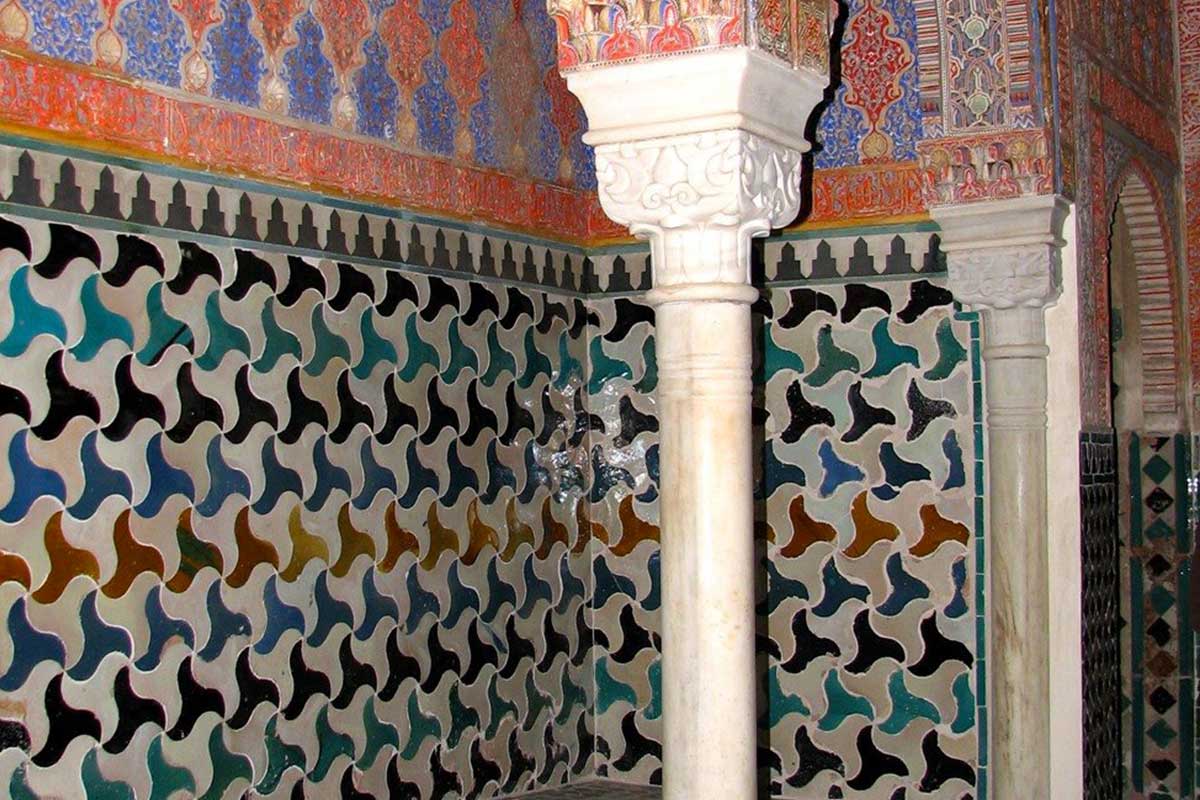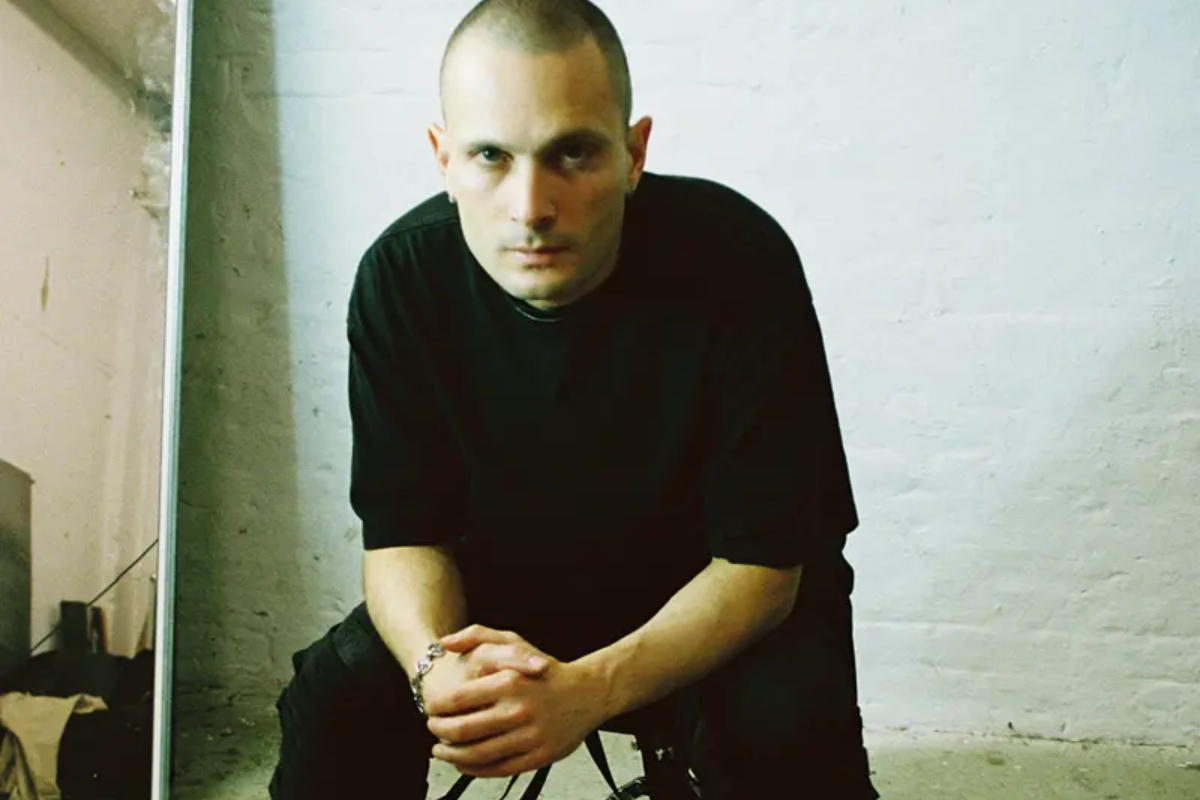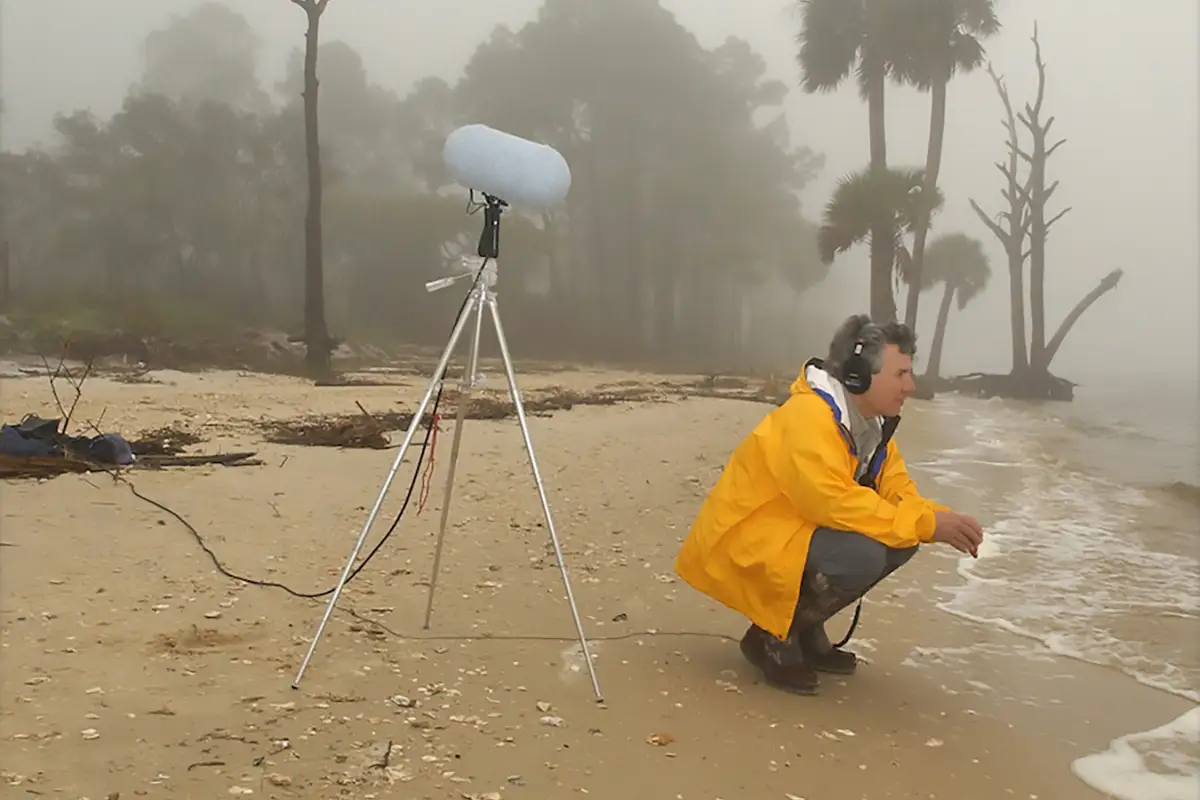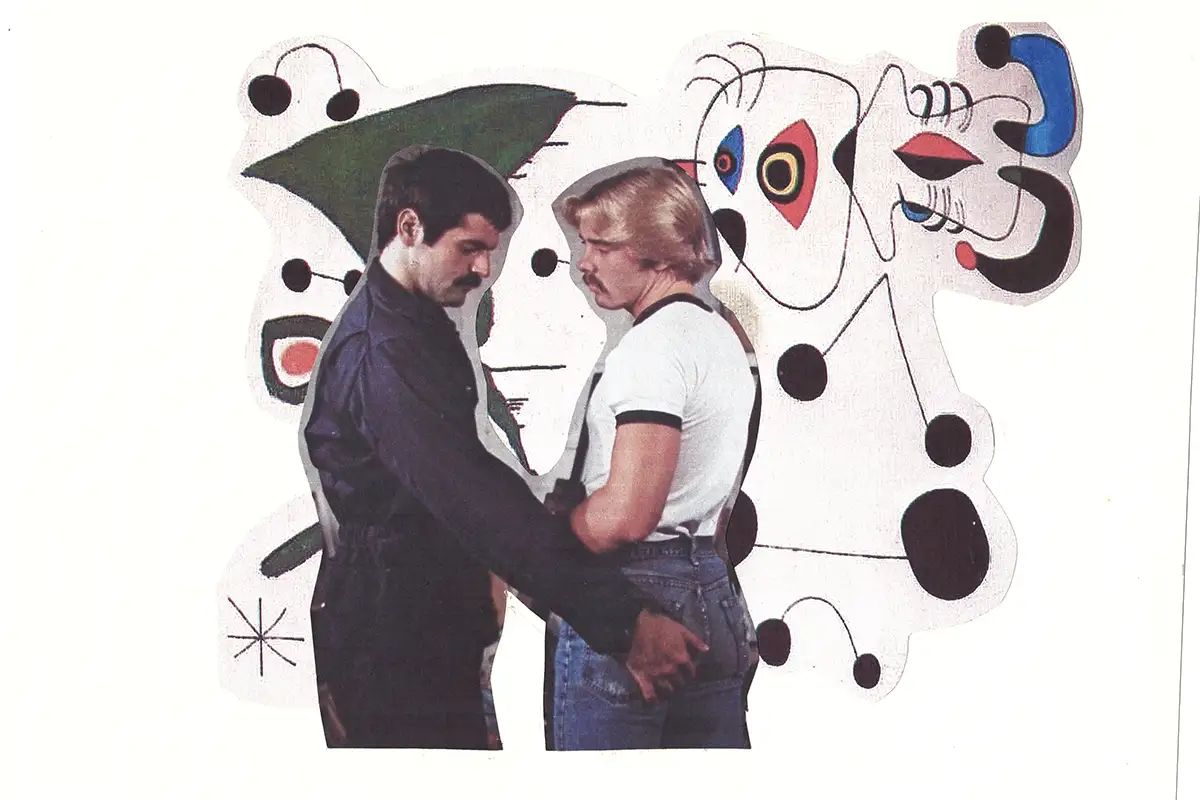Aid is beneficial for the population living under the poverty line – but not in the long-run: Certified ‘B’ Corporations ensure purpose over profit
Employing refugees in Gaza Camp, Jordan
SEP Jordan was founded in 2013 with a positive social impact objective. It was the first Jordanian private company to set up in the Jerash ‘Gaza’ Camp in Jordan. Their core business is hand-embroidery, employing over 500 refugees in the camp. The camp is found in the North of Jordan and opened in 1968, hosting four generations of refugees. Although the authorities stopped counting years ago, there would be around 50,000 residents living there, in which more than half are under the age of eighteen and most live under the poverty line.
In Jordanian culture, embroidery is a tradition which is passed on from mother to daughter. Still, a two-month training course is compulsory to get hired by SEP in which the skills of the women are brought back to the level of that in the 1800s – ensuring that all the artists they work with are at the highest level of international standards. The training takes place at the SEP-Tamari Foundation Academy at the camp, founded in 2015.
The many limitations of being a refugee in Jordan
Before 1967, refugees moving to Jordan would be granted Jordanian nationality. When the government realized that by doing so would mean that there would be more ‘non-Jordanians’ than Jordanians, they stopped. Being a refugee in Jordan has many limitations, the most notable being that refugees can’t take advantage of the government sector. Public schools are not available to refugees, forcing them to either attend United Nations’ schools or, if financially able, attend a private school.
Refugees are educationally handicapped because high schools supported by the UN don’t supply them with the required years to then be able to move on to university. Jobs are also limited. Refugees can not work in the government sector and aren’t granted government health care. One’s status does mean a lot in countries like Jordan and not much can be done about it. A stable income can offset many issues though, which come with a refugee status – although it still means living in the camp, workers can live in homes and provide their family with a higher standard of living.
SEP Jordan – a Certified B Corporation
Founder and CEO of SEP Jordan, Roberta Ventura says: «Unlike other brands which are trying to adapt to sustainability goals and trends, we were created with a specific mission to bring thousands of refugees above the poverty line». As of 2020, SEP Jordan is a Certified B Corporation, certifying that they put purpose over profit. «The vision is that the consumer becomes aware of the impact, whether environmental or social, of their purchases», explained Ventura.
«A company like ours, which has a social impact mission at its core, is likely to be addressing the new and growing needs of more and more consumers». One of the aims of SEP is to steer clear from aid. The best way to do this is by recognizing the refugees as artists rather than recipients of aid. «After more than 50 years of existence, the refugees who live in this camp, like in any other camp, tend to become addicted to aid – they depend on it», said Ventura.
Being accomplices in turning millions of people into beggars
«They find it harder and harder to find a job because they don’t know how to write a curriculum or even know how to deal with working hours. It becomes the default choice among different generations, to go to the NGOs and ask for blankets, food, donations and more. This mirrors begging and by not doing anything about it, we are implicitly accomplices in turning millions of people into beggars. There are over 80 million refugees and if no one is willing to work with them, then we are about to see 80 million people become beggars for life. It is humiliating and wrong».
Employing the refugees, rather than supplying them with constant aid, helps them to grow as people and collecting a continuous stream of income for themselves and their family. During Covid, the decrease in sales forced less work on the women so SEP did supply them with some aid, in particular medicine, in which Ventura describes it as being «as exceptional as Covid is».
Lampoon review: embroidery, an artisanal production that demand skills
In the Middle East, embroidery exists in the communities. Ventura explained that although this is the case, having the skill isn’t enough; a business needs to surround this craftsmanship to make it into something profitable. Embroidery is made up of tiny crosses, explaining the reason why this craft requires precision and accuracy.
«We identify the talent, which is the hand-embroidery skill – and help them to perfect it. Its a centuries-old skill which requires huge talent and a lot of training, patience and special brain power. You need to be very concentrated because it is easy to make mistakes», said Ventura. The refugees can only work about four hours a day on embroidery as it can be very hard on the eyes. For one women to embroider a linen shawl, it can take up to five weeks to finish.
Short supply chain
This type of artisanal production requires that only one woman embroiders one piece; the handwork is different among embroiders and switching artisan can ruin a piece – if necessary, the only exception to this is that the work be done between sisters or mothers and daughters. Regarding materials used, the supply chain is very short. The items are made in Italy by one of the suppliers to Brunello Cucinelli, a luxury brand focused on cashmere, with Cariaggi yarns. Linen is the most environmentally friendly of natural fibers because out of all of them, it needs the least water and fertilizer.
Once processed, linen is also fully biodegradable. SEP Jordan focuses on making timeless pieces with evergreen colors to wear all year round. The team at the camp is made up of seven highly respected individuals. They are in charge of assigning and quality-controlling the work. Once allocated a piece to work on, the women works on it at home, enabling her to take care of the household and children at the same time. Every other day or so, the women are asked to go to the workshop for quality control. Once the embroidery is completed, the pieces are either sold online or shipped back to Italy to be sold in their boutique in Geneva.
SEP Jordan’ social impact
SEP Jordan works on demonstrating that the skills of artisans are valuable and profitable, securing the concept that the future of sustainability lies within artisanal production. «Embroidery for millions of women represents their heritage and their roots so it would be dramatic to lose it», said Ventura.
«There are benefits for everyone involved. Artisanal production won’t ever go away because even though there are many things that can be done by machine, it shows that it is machine-made and it lacks what comes from a man-made product. The fashion industry tends to think that if it’s artisanal, it’s not scalable which leads people to think that this isn’t a solution for long-term sustainability. What we are trying to demonstrate is that if the corporation is well organized, it can be scalable».
The social aspect must be considered
Regarding the fashion industry as a whole, profit remains the number one aim amongst brands. Whitewashing and greenwashing continues to be an issue, considering that consumers need to keep up with false claims being advertised by fashion labels. Being environmentally conscious does not automatically mean working towards sustainability. Ventura: «It’s a matter of sensitization of the consumer asking questions and looking for those certifications and the evidence that things are being done properly as opposed to just marketing gimmicks».
The social aspect also needs to be taken into consideration when making purchasing decisions. «You have to make sure that the people who work for you are being paid fairly. This is why social impact and environmental impact go hand in hand – too often we focus only on the environmental impact and not enough on the social impact. The ladies need to be paid fairly», explained Ventura. «We pay up-to, and sometimes more than 50% what women are normally paid for embroidery in Jordan. Provided that all parties involved are treated fairly from an economic point of view, artisanal production can be beneficial for the economy».
SEP Jordan
is a Social Enterprise with a positive social impact mission which was founded in 2013. In 2020, they became a Certified B Corporation, confirming that they put purpose over profit. As of currently, they work with over 500 refugees who embroider garments made from cashmere and linen. Through supplying them with employability rather than aid, SEP helps bring people above the poverty line.


